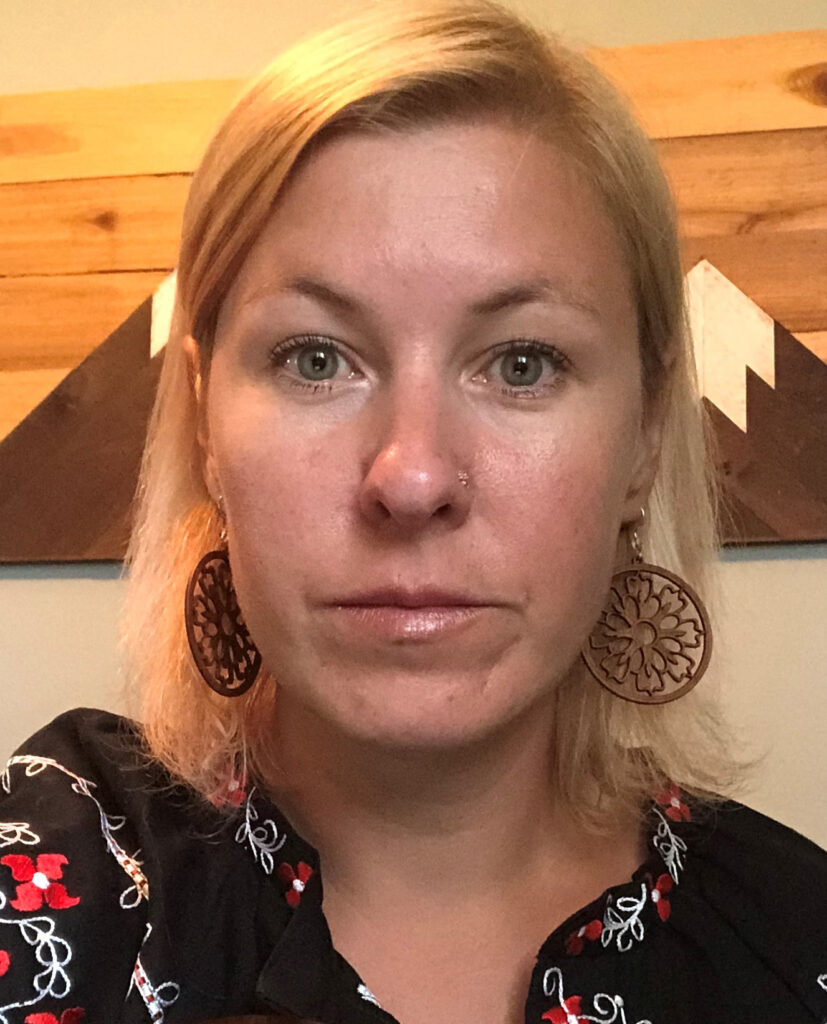 On University of Colorado, Colorado Springs Week: Can fruit flies help us understand more about human neurological disorders?
On University of Colorado, Colorado Springs Week: Can fruit flies help us understand more about human neurological disorders?
Eugenia Olesnicky Killian, associate professor in the department of biology, determines how their genes can help us understand our own.
Dr. Olesnicky Killian completed an undergraduate degree in Biology from Drew University and MSc and PhD degrees in Developmental Genetics from New York University. She also completed two postdoctoral fellowships in craniofacial biology at the University of Colorado Anschutz Medical Campus and in RNA regulation during neural development at Princeton University. Her research focuses on understanding the roles that RNA binding proteins play in nervous system development and neurodegeneration. Dr. Olesnicky Killian teaches Genetics, Molecular Genetics and Developmental Neurobiology.
Using Fruit Flies to Understand the Genetics of Neurological Disorders
Neurological diseases represent one of the leading public health challenges of our time. We have a rudimentary understanding of how mutations in specific genes contribute to the manifestation of neurological disorders. I use very simple logic to determine whether a gene functions in the nervous system; we inactivate the gene and see what the consequences are. We have now done such gene inactivation for hundreds of genes in the fruit fly, Drosophila. By doing so we have identified a large number of genes, that when inactivated, cause various defects within the nervous system. Because all of these genes also exist in humans and are active in the nervous system, our work has the potential to explain what the human counterparts of these genes do in the human nervous system. This is critical, since the types of genetic manipulation we can do in flies are simply not possible in humans.
My team has started to focus on understanding the role of 1 specific gene, called caper, in the nervous system. Our work has shown that inactivating caper function causes behavioral defects in aging animals. We suspect that these behavioral defects may stem from neurodegeneration that results from inactivating caper. Interestingly, these behavioral defects are more pronounced in males than females. We are particularly interested in this finding, as so many disease states show a sex bias, including neurodegenerative and aging disorders. Yet, we do not understand where this sex bias stems from and this has serious implications for how such diseases are treated and how therapeutics are developed for men and women. My research team is now working on examining the brains of animals with an inactivated caper gene to determine which cells of the brain are affected and ultimately hope to understand what caper’s normal function is in brain cells. If we can understand that, we can make a real impact on human health.

Comments
3 responses to “Eugenia Olesnicky Killian, University of Colorado, Colorado Springs – Using Fruit Flies to Understand the Genetics of Neurological Disorders”